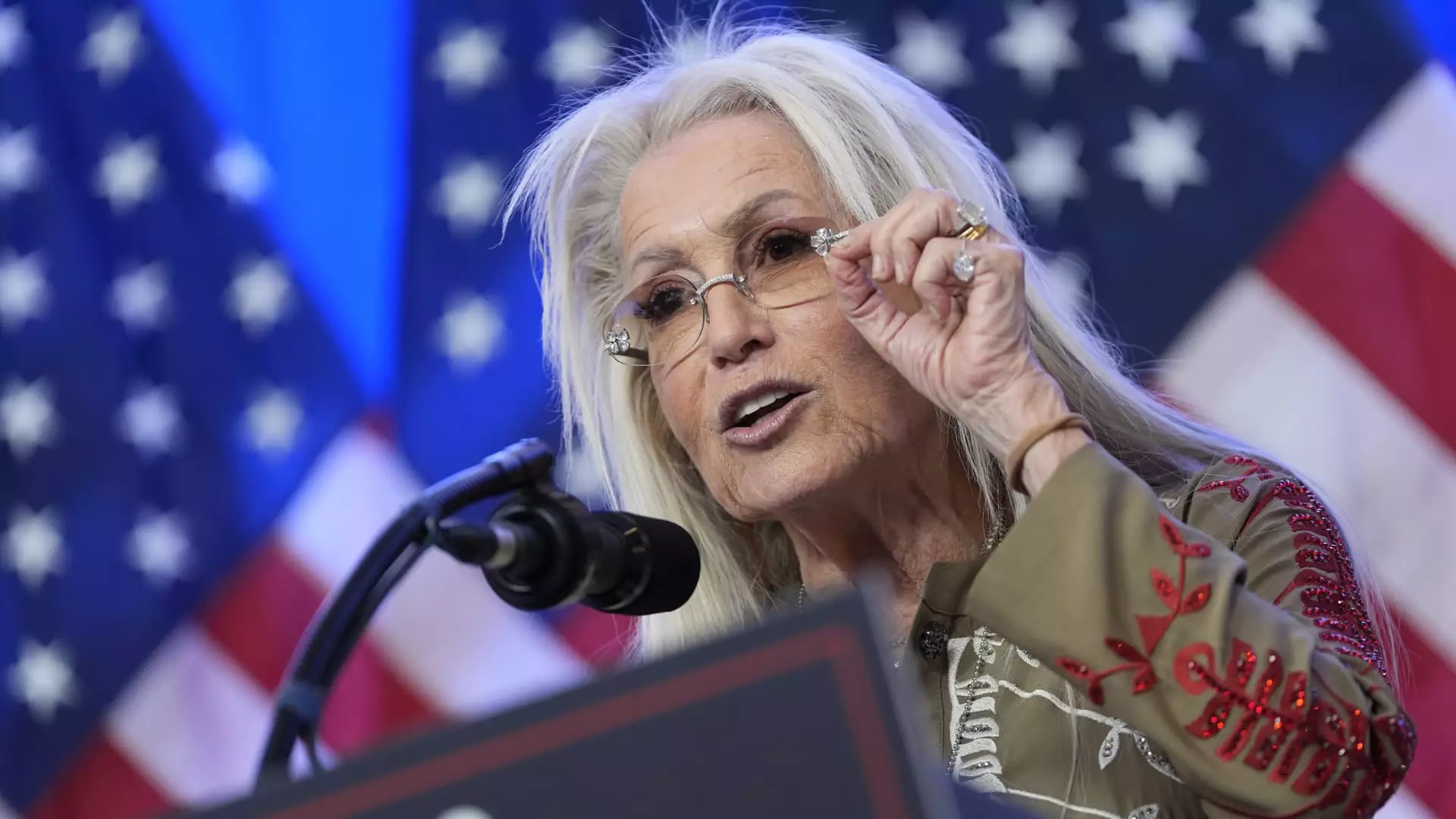In the intricate web of American political finance, few figures command as much influence as Miriam Adelson, a billionaire benefactor whose unwavering support for former President Donald Trump has become a defining characteristic of her political engagement. Through her substantial contributions, Adelson positions herself not just as a donor, but as a key player in the contours of the Republican Party’s strategy for the upcoming election cycle. This article explores the implications of her financial backing and the broader narrative of political influence and economic power in the United States.
Miriam Adelson’s commitment to Trump’s campaign is reportedly characterized by a “blank check” attitude, a term that underscores her readiness to allocate financial resources as needed. Andy Abboud, a political aide associated with Adelson, recently reiterated this sentiment, indicating that her support will manifest in whatever form Trump requires to reclaim the presidency. This unyielding loyalty hints at a deeper allegiance; for Adelson, supporting Trump extends beyond mere political alignment—it is intertwined with her vision for America and the priorities she wishes to see advanced, particularly concerning Israel.
In this political climate, the concept of unconditional support raises questions about the ethical implications of financial influence in democratic processes. While it is not uncommon for wealthy individuals to leverage their resources to steer political narratives, Adelson’s willingness to spend potentially limitless funds brings to the surface discussions about the integrity of elections and the meaning of democracy when a few can shape outcomes to such a significant degree.
Adelson’s financial maneuvers are strategically significant. Her involvement with the Preserve America super PAC—a powerhouse political action committee—signals her intention to exert pivotal influence over the electoral landscape. Despite her assertive support, Abboud has cautioned against the assumption that there are no limits to her financial contributions. However, the projected expenditure of over $60 million by Labor Day alone, with an additional $40 million set aside for advertising campaigns, demonstrates the Adelson strategy of investing in key battleground states such as Michigan, Pennsylvania, and Wisconsin.
Moreover, the sophisticated targeting of voters through specific advertising campaigns indicates a meticulously crafted approach to win over undecided demographics. This technique is not merely about overwhelming opponents with cash; it is about precision in political messaging, reinforcing the notion that money, when combined with strategy, can shape electoral outcomes significantly.
Adelson’s financial backing is emblematic of a larger trend within Republican politics involving the consolidation of wealth and power. As both a major financier and an influential figure in the conservative movement, her voice carries weight in shaping the agenda and candidate positioning within the party. Her direct call for Jewish voters to back Trump over Vice President Kamala Harris exemplifies the critical role that demographic appeals play within campaign strategies, particularly in communities that hold substantial political sway.
Reflecting on her endorsement, one can only imagine the ripple effects her rhetoric may provoke among Republican voters. By linking Trump’s candidacy to broader issues like Israel’s security, Adelson crafts a narrative that intertwines religious and national identities, effectively rallying support around a shared cause that transcends typical party lines.
Miriam Adelson’s philanthropic and financial legacies are deeply rooted in the American political landscape. Following the death of her husband, Sheldon Adelson, she has emerged as a central figure, managing their considerable wealth and channeling it toward causes that resonate with their shared beliefs. As the steward of over half of the Las Vegas Sands empire, Miriam holds not only significant financial means but also the influence that comes with such wealth—a dual power that can sway political conversations and direct policy initiatives.
It is essential to note that the Adelson family is no stranger to controversy and public scrutiny. With their extensive funding of Republican initiatives, they embody a complex narrative of influence, power, and the American political system’s susceptibility to moneyed interests.
While the future remains uncertain as the 2024 election approaches, one clear takeaway is that Miriam Adelson’s role in reshaping the political landscape through her financial prowess showcases the profound intersections of wealth and politics. The implications of her support for Trump and the broader Republican agenda invite critical reflection on the evolving dynamics of political engagement in America. Will her financial contributions herald a new era of political influence, or will the backlash against such concentrated power ignite a movement for reform in campaign finance? The coming months will likely unveil the answers to these pivotal questions.


Leave a Reply